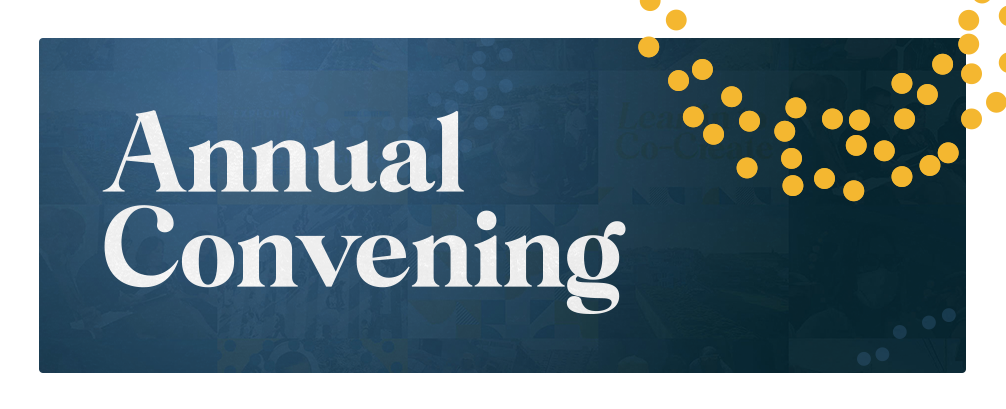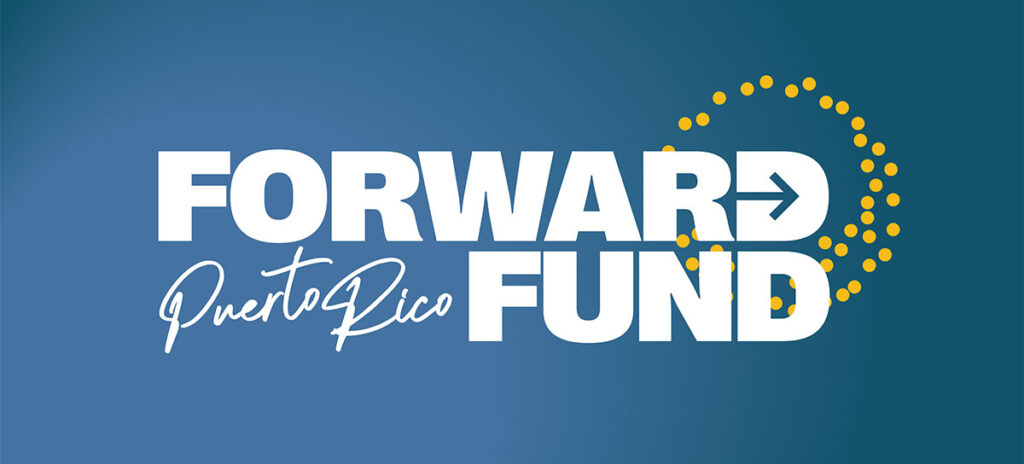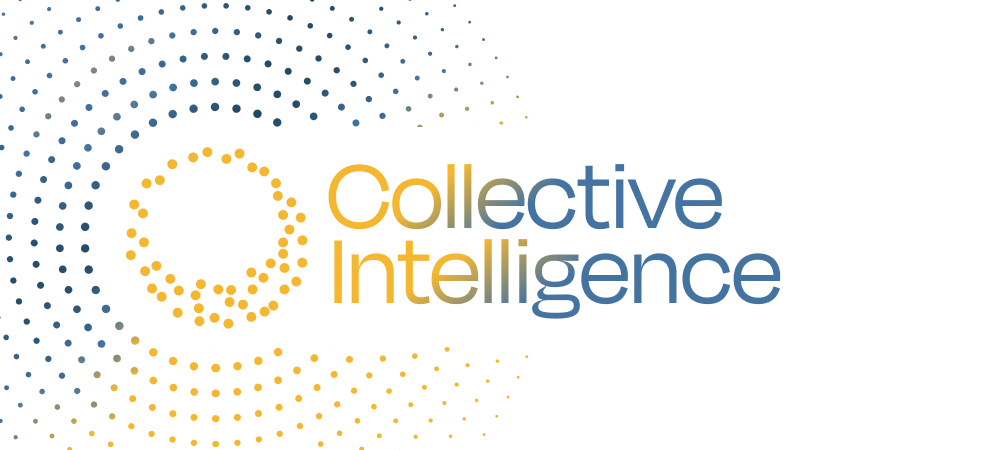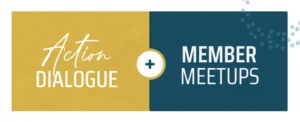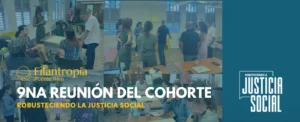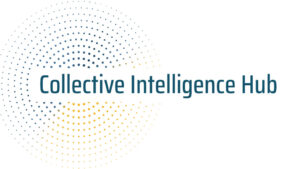FiPR News Segundo Brunch de Membresía de 2024...
Read MoreAbout the Collection of Voices & Data
Vision
Filantropía Puerto Rico envisions a Puerto Rico where all of its residents have equal opportunities for participation and prosperity. To get closer to this vision, we collected data and stories from 69 social players to generate thought, reflection, and discussion on issues affecting the island. With these thematic documents (housing, education, art and culture, environment, and governance), we aspire to broaden the perspectives of the foundations and grantmakers that invest in Puerto Rico, informing their strategies with (the perspective/experience) of those they seek to support.
Background
Between September and December 2020, we held five work sessions focused on housing, education, art and culture, environment, and governance, as well as a transversal session where we integrated the five topics. Sixty-nine social organizations, community leaders, researchers, professionals, and activists participated in these sessions, analyzing the state of the country from the perspective of each person or group and then developing proposals for the philanthropic sector and grievances for the public sector.
It is important to mention that while multiple people represented each topic, it is impossible to delve into every aspect or sub-theme. We recognize that some perspectives and experiences were not addressed during this first Collection of Voices and Data.
Each thematic document compiles these discussions and serves as a tool to expand the understanding and support the vision of the foundations that invest in Puerto Rico. These documents reflect only the participants’ points of view and do not reflect an institutional position on the part of Filantropía Puerto Rico or its members.
Proposals for the Philanthropic Sector
The participants of the thematic sessions expressed their frustration with the public sector which has failed to address their grievances due to its fragmented implementation of solutions that do not respond to the local context or that are developed without a human rights perspective, transparency, or binding participatory processes which include the most vulnerable sectors of the population.
Given this, the philanthropic sector must support and expand initiatives that help define what is needed, why, for what, and for whom, and push forward solutions with a transversal view. To achieve any profound change, it is imperative to support research efforts, access to information, grassroots organization, collective work, education, pilot projects, and the advocacy and activism necessary to advance the agenda of a fair, democratic society in harmony with nature.
Collectively, the social players who lent us their voices recommend that foundations:
- Promote collaboration and not competition between social organizations as a strategy to add value and integrity to the efforts of those who place human rights at the center of their work.
- Make a long-term commitment with the organizations or projects they support so that these entities do not have to constantly by seeking funds.
- Promote the establishment and strengthening of entities that act as fiscal sponsors, and ease the requirements for application or approval of funds so that organizations without federal tax exemption, or projects and programs not led by formal entities, can also benefit.
- Support social struggles, not only with economic resources and technical support but also with their influence and voice.
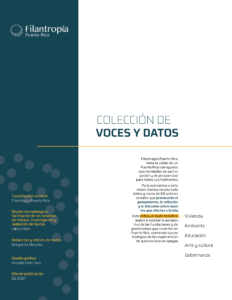
Segundo Brunch de Membresía de 2024 en Fundación Banco Popular
FiPR News Segundo Brunch de Membresía de 2024 en Fundación...
Read MorePublic Policy Landscape at Our First Hybrid Event of the Year
FiPR News Public Policy Landscape at Our First Hybrid Event...
Read MoreMembers Brunch Titín Foundation
FiPR News Members Brunch with Titín Foundation Versión en español...
Read MoreLaunching our Collective Intelligence Hub
Collective Intelligence Launching our Collective Intelligence Hub Collective Intelligence Initiative...
Read More
